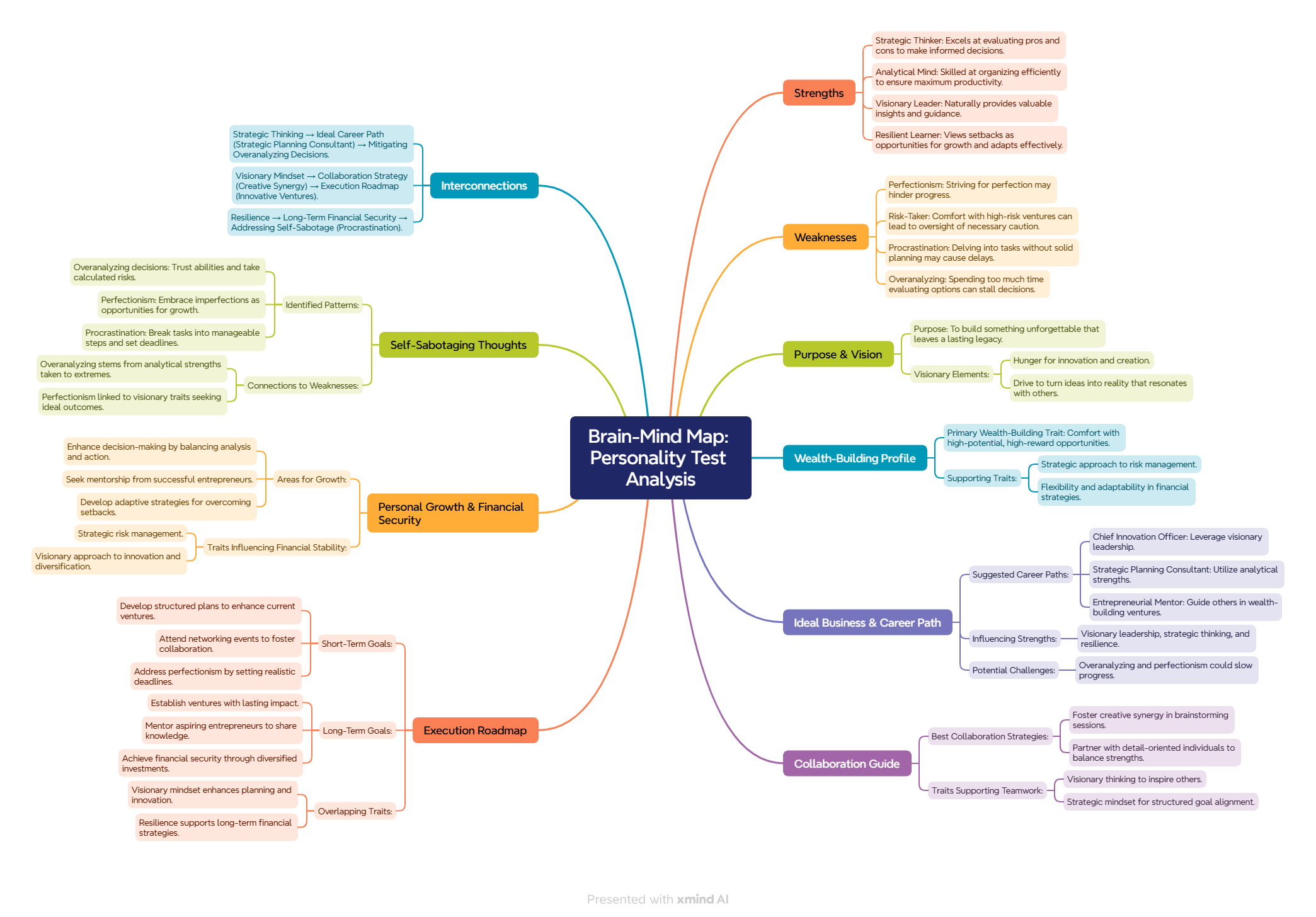Maintaining a balanced diet can be challenging, particularly when managing the demands of family and a career. However, incorporating healthy snacks into your daily routine is an effective strategy to ensure sustained energy levels while preventing the temptation of unhealthy food choices. Consuming nutritious snacks can provide essential vitamins and minerals, promote better focus, and help manage hunger between meals.
Preparing easy-to-pack snacks is crucial for busy schedules. Consider options that require minimal preparation and can be conveniently stored. For instance, fresh fruits such as apples, bananas, or grapes are not only nutritious but also portable. Nut butter packs, which can be paired with fruits or whole-grain crackers, add healthy fats and protein, further promoting satiety. Additionally, pre-cut vegetables like carrots, celery, and bell peppers can be accompanied by hummus or guacamole for a tasty and satisfying snack.
Homemade trail mix is another versatile choice. Combining unsalted nuts, seeds, and dried fruits provides a wholesome mix of textures and flavors. This snack is rich in healthy fats, fiber, and antioxidants which support overall well-being. Alternatively, yogurt topped with fresh berries or granola makes for a delicious and nutrient-dense option that can be consumed at home or on the go.
Incorporating these nutritious snacks into your daily routine not only helps to manage hunger but also enhances your overall health. Being mindful of your snacking choices can prevent energy crashes and keep your focus sharp throughout the day. By keeping healthy options readily available, you can navigate family and work commitments without compromising your nutritional needs.
Involving the Family in Meal Preparation
Engaging the entire family in meal preparation can transform an otherwise mundane task into a delightful bonding experience. When family members participate in the cooking process, it not only lightens the load for the main cook but also promotes teamwork and communication. Moreover, involving children in meal preparation instills a sense of responsibility in them while making them more likely to try new foods and develop healthy eating habits.
For younger children, age-appropriate tasks can include washing vegetables, stirring ingredients, and setting the table. These activities encourage children to take an active role in the kitchen, which helps them learn fundamental cooking skills. As they grow older, they can progress to more complex tasks, such as chopping vegetables with supervision, measuring ingredients, or even following simple recipes. This approach not only boosts their confidence in the kitchen but also fosters a genuine interest in cooking, which can last a lifetime.
Making cooking a family affair can also include themed cooking nights or experimenting with new recipes together. One way to engage children further is to allow them to choose ingredients or dishes they are excited about. Planning meals as a family can transform the experience into a collective decision-making process, where everyone feels their input is valued. Implementing strategies like these will help establish regular family cooking time, encouraging open discussions about health, nutrition, and personal preferences.
In conclusion, involving family members in meal preparation can create a richer and more enjoyable experience. By assigning age-appropriate tasks to children and making the cooking process a shared activity, families can foster connections while promoting healthier eating habits. This collaborative effort not only facilitates nutrition management but also builds lasting memories in the kitchen.
Strategies for Eating Healthy on the Go
Maintaining healthy eating habits while balancing family and career can be challenging, especially for those who find themselves constantly on the move. However, with a few practical strategies, it is possible to enjoy nutritious meals, even amidst a busy schedule. One effective approach is to prioritize healthier options when dining out. Familiarizing oneself with menus beforehand can facilitate informed choices. Many restaurants now feature lighter fare or offer modifications, such as substituting a side salad for fries or choosing grilled instead of fried proteins.
Additionally, preparing portable meals is essential for anyone with a tight schedule. Meal prepping at the beginning of the week can save valuable time. Opting for nutrient-dense foods that travel well, such as whole grain wraps filled with lean proteins and veggies, can provide a balanced meal. Similarly, incorporating snacks like nuts, yogurt, or sliced fruits can help curb hunger throughout the day and prevent reliance on less healthy convenience foods.
Making wise decisions in various settings is another critical component of healthy eating on the go. For instance, when attending events or meetings, one should look for opportunities to choose healthier options. If buffets are available, serve oneself smaller portions and select dishes rich in vegetables and whole grains. Furthermore, always keeping hydrated with water can sometimes deter unnecessary snacking and support overall health and well-being.
Implementing these strategies—ranging from selecting healthier dining options to preparing balanced meals ahead of time—can significantly aid in managing nutrition while navigating a busy lifestyle. By making conscious decisions about food, individuals can meet their nutritional needs without sacrificing time or convenience.









